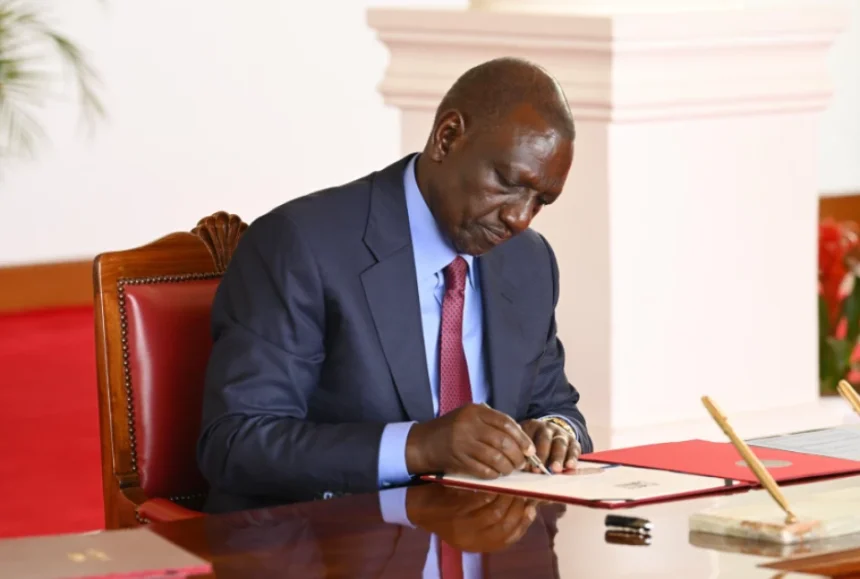It was first read in the Senate on March 22, 2023. The Senate passed the Bill with amendments on February 21, 2024, and the National Assembly approved it with additional amendments on January 16, 2025.
The Senate later agreed to these amendments on April 9, 2025, clearing the way for Thursday’s assent.
The bill replaces the Persons with Disabilities Act, Cap. 133, and takes a rights-based approach to disability.
It prohibits all forms of discrimination against people with disabilities in all aspects of life and requires reasonable accommodations in public places, transportation, and information and communication technologies.
It introduces broad financial incentives and reliefs, such as tax breaks for employers of people with disabilities and deductions for workplace accessibility improvements.
The Bill also imposes penalties for violating PWDs’ rights and protects them from abuse and exploitation.
A revitalized and empowered National Council for Persons with Disabilities will oversee enforcement and coordination, serving as an independent statutory body with broad authority to advise, investigate, and act on disability-related issues.
Additionally, the Bill outlines clear obligations for both national and county governments, including the implementation of national disability policies at the local level, the formation of county advisory committees, and a requirement that at least five percent of all employment opportunities in county governments be reserved for persons with disabilities.
To strengthen accessibility and inclusion, the law establishes adjustment orders that require public and private entities to modify their facilities to accommodate PWDs.
These include incentives such as a 25% deduction from taxable income for salaries paid to employees with disabilities, and a 50% deduction for costs related to workplace modifications.
Closed captioning has also been implemented in local media, particularly in newscasts, educational programming, and national-level events.
The Bill includes strong social protection provisions, requires universal design standards for public spaces and transportation, and ensures rights across sectors.
It sets aside at least 5% of market stalls for people with disabilities and exempts assistive devices from taxes and levies.
In education, the Bill guarantees inclusive learning environments that include accommodations tailored to the needs of students with disabilities. It mandates safeguards in the delivery of healthcare to people with disabilities, as well as free medical rehabilitation services.
President Ruto emphasized that the passage of the law is only the beginning.
“The real work now begins. Its full promise cannot be realised by the National Council or the Ministry of Labour and Social Protection alone. It requires collective action by all stakeholders,” he said.
He announced the reinstatement of the Disability Mainstreaming Performance Indicator in public service performance contracts, which will ensure that inclusivity is measurable and enforceable across government institutions.



